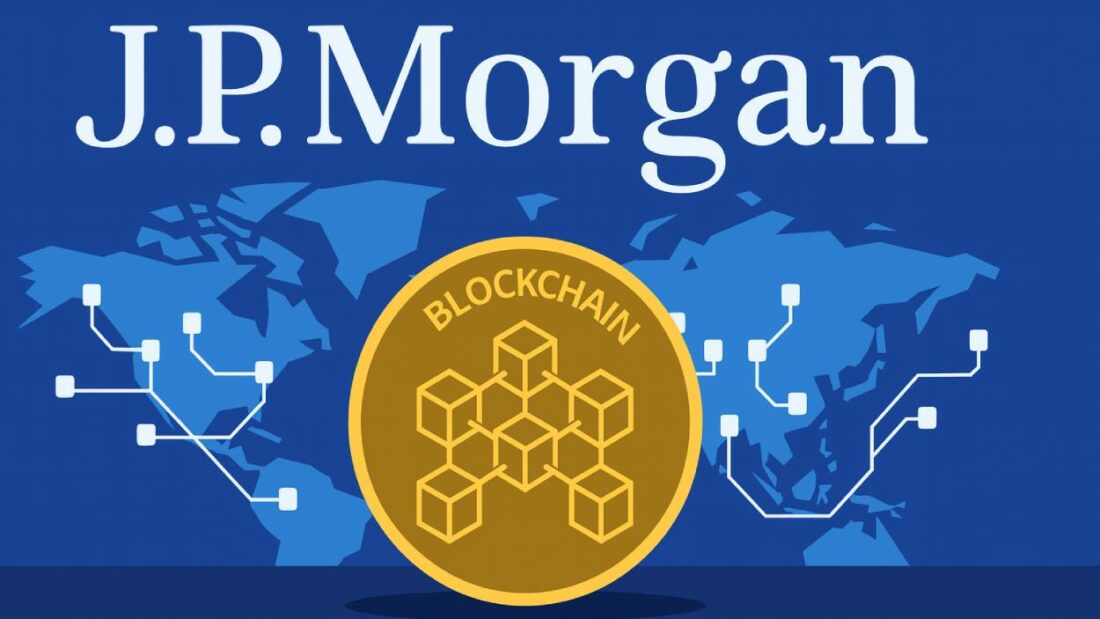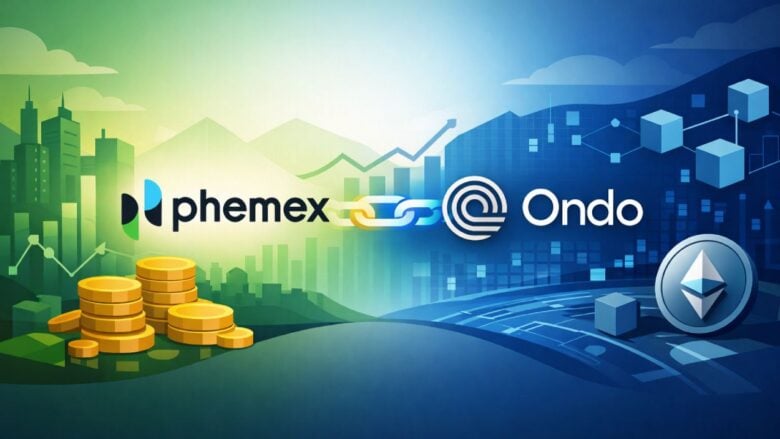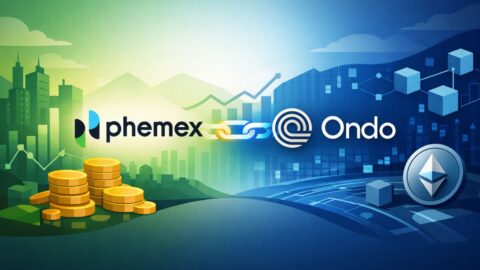JPMorgan has taken a major step toward transforming private investing by tokenizing private equity funds on its own blockchain platform, with broader plans for 2026.
Key Takeaways
- JPMorgan has tokenized private equity funds on its proprietary blockchain and offered the product to high-net-worth clients.
- The move is part of a larger push to digitize alternative assets through its upcoming Kinexys Fund Flow platform, expected to launch in full by 2026.
- Future tokenization plans include private credit, real estate, and hedge funds, aimed at simplifying access and boosting liquidity.
- JPMorgan has been investing in blockchain since 2019 through its Onyx division, showing long-term commitment to decentralized finance.
What Happened?
JPMorgan has officially entered the world of real-world asset (RWA) tokenization by digitizing private equity funds on its own blockchain network. This initiative targets the bank’s private banking clients, giving wealthy investors early access to this new method of investment. The move also serves as a prelude to a broader rollout of its tokenization platform, Kinexys Fund Flow, which is expected to launch in full by 2026.
🚨JPMORGAN TOKENIZES PRIVATE EQUITY FUND ON BANK’S OWN BLOCKCHAIN
— Coin Bureau (@coinbureau) October 30, 2025
JPMorgan is gearing up to launch its fund tokenization platform, Kinexys Fund Flow, next year. pic.twitter.com/tgcjLQJt9O
JPMorgan’s Blockchain Push Expands
JPMorgan’s tokenization project marks a strategic milestone in its broader effort to integrate blockchain into mainstream financial services.
- The tokenized private equity fund is just the beginning. The bank has confirmed plans to tokenize more complex alternative assets such as hedge funds, private credit, and real estate.
- This service is being introduced via Kinexys Fund Flow, the bank’s dedicated tokenization platform, with a larger rollout planned for next year.
- According to Anton Pil, head of global alternative investment solutions at JPMorgan Asset Management, “It’s more about simplifying the ecosystem of alternatives and making it, frankly, a little easier to access for most investors.”
Tokenized assets allow for benefits that traditional investment vehicles often cannot provide. These include fractional ownership, faster settlement times, and the ability to use the assets as collateral. JPMorgan believes these features will eventually make blockchain-based alternatives more attractive and accessible to a broader investor base.
A Long-Term Strategy in Blockchain
JPMorgan is not new to blockchain experimentation. Its Onyx division, launched in 2019, has been at the forefront of building blockchain-based infrastructure within traditional finance.
- Since then, the bank has explored blockchain across various areas including payments, collateral management, and now asset tokenization.
- This aligns with a broader industry trend, as major financial institutions such as BlackRock also invest in the future of asset tokenization. BlackRock CEO Larry Fink has even said that “the next generation for markets” is the tokenization of every financial asset.
JPMorgan’s Kinexys platform could play a key role in that transformation. By allowing traditional investment products to live on a blockchain, it not only boosts efficiency but also opens up access to a wider range of clients. The platform is currently targeted at high-net-worth investors, but wider adoption could follow once regulatory clarity and infrastructure mature.
CoinLaw’s Takeaway
In my experience watching blockchain adoption unfold in traditional finance, JPMorgan’s move feels like a watershed moment. They aren’t just experimenting; they’re building an entirely new gateway for private investing. The fact that they’re starting with high-net-worth clients makes sense, but I suspect we’ll see a trickle-down effect in the next few years. When a powerhouse like JPMorgan commits to blockchain this deeply, it signals to the market that this tech isn’t just a trend. It’s becoming the foundation.


































































